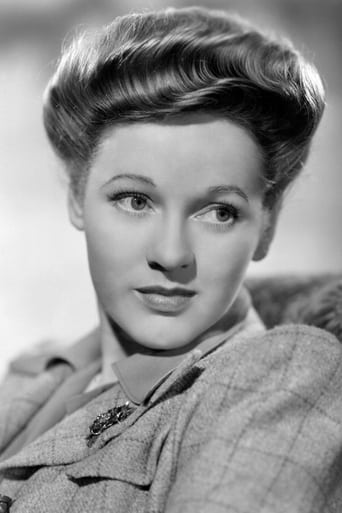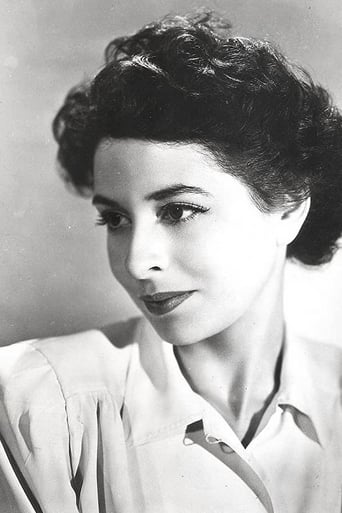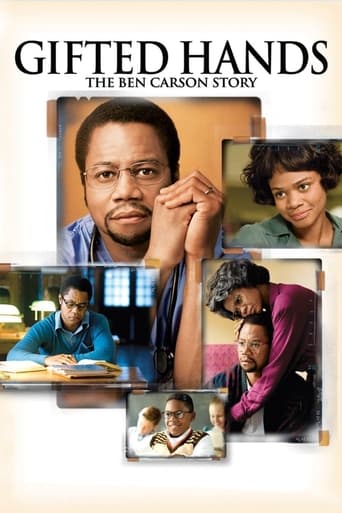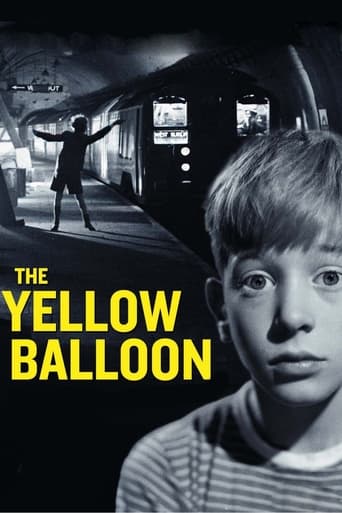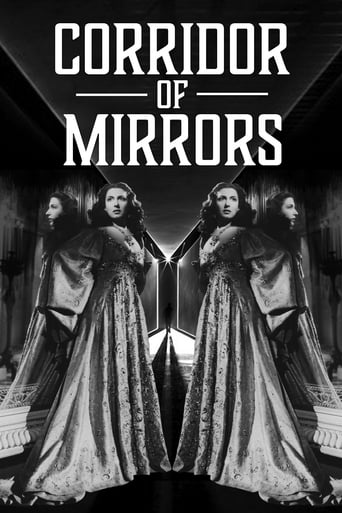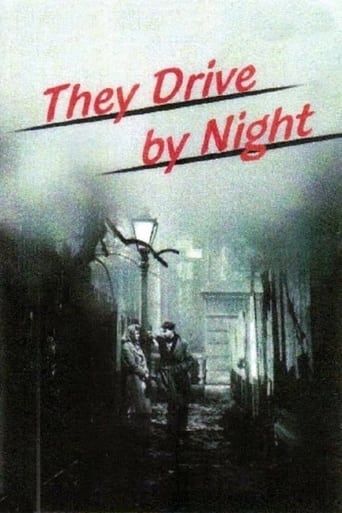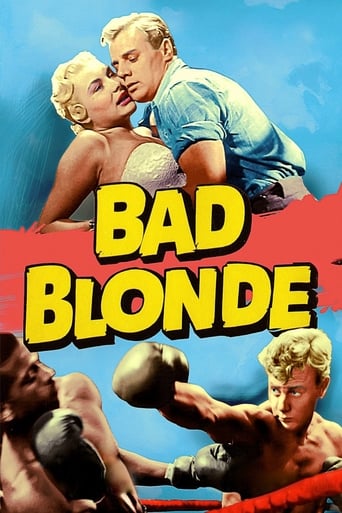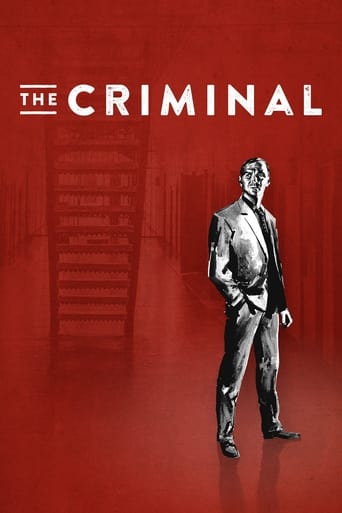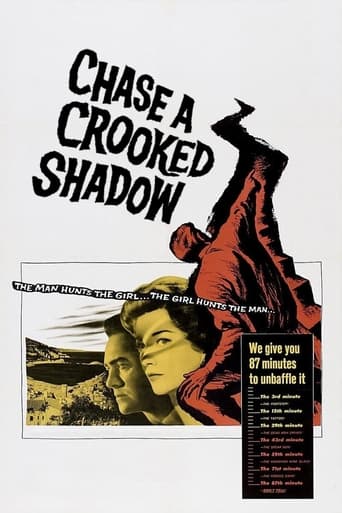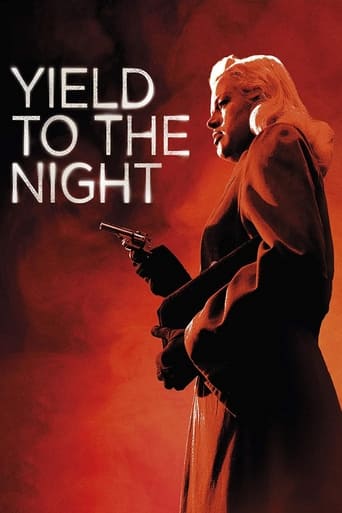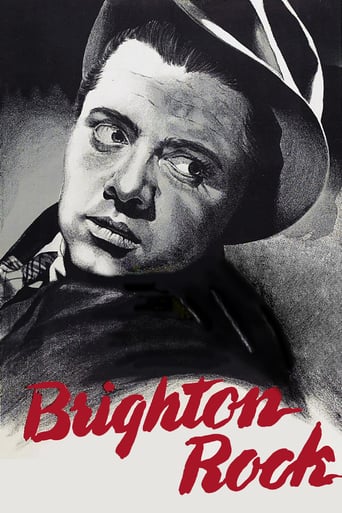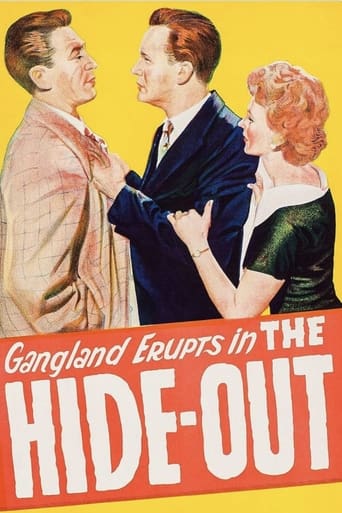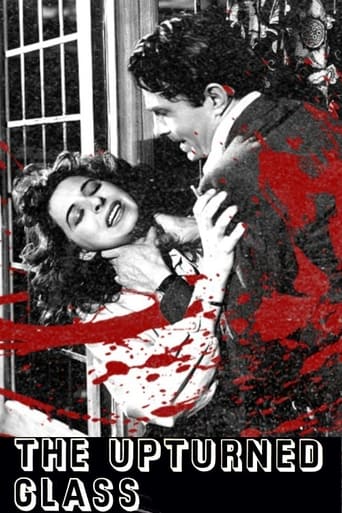
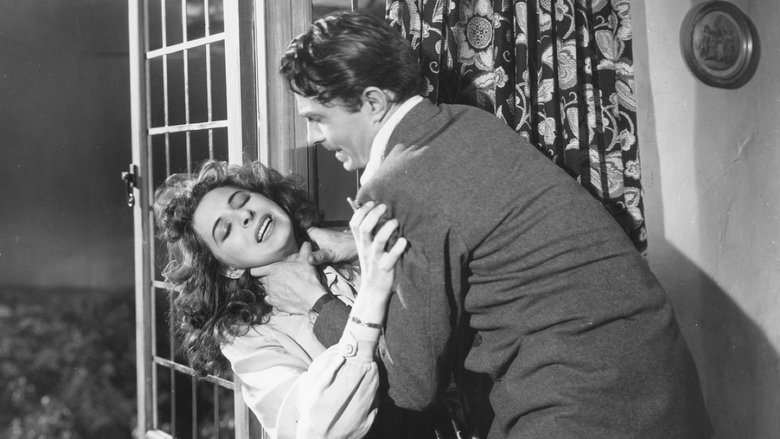
The Upturned Glass (1947)
A neurosurgeon relates to his students in medical school a story about an affair he had with a married woman and how after the affair was over, the woman fell out a window and died. The surgeon, suspecting that she was murdered, set out to find her killer -- but, instead of turning the suspect over to the police, he planned to take his own revenge on the murderer.
Watch Trailer
Cast


Similar titles
Reviews
It really irritated British critics when James Mason went to Hollywood at the end of the 1940s. British films had improved during the war and no star was more highly regarded than Mason. He was just hitting his stride with "They Were Sisters" and "The Seventh Veil" when, fed up with the dominance of J. Arthur Rank, he and his wife left for Hollywood. Not before "The Upturned Glass" which he also produced, a moody thriller directed by Lawrence Huntington who, the year before, had also directed the noirish "Wanted for Murder".Mason plays a criminology lecturer who starts to tell his "agog" students a story of what happens when sane, normal people commit murder. Brilliant surgeon Michael Joyce (also Mason) meets Emma (the beautiful Rosamund John) when he successfully operates on her daughter to bring back her vision. Emma's husband is away for long periods of time and she and Michael, just by spending time together, find they have a lot in common, even though they decide to break off their affair. Time passes and the next time Michael hears of her it is to do with her death: she has fallen out of a top storey window. Her husband is distraught, her sister-in-law less so, in fact she can't wipe the smile off her face. Pamela Kellino is just marvellous in the role - she is dislikable from the start with her constant smirk and really irritating manner of speaking. Michael has never liked her and when he goes to the inquest he is convinced something is going on: young Ann is nervous in the witness box and is given an imperceptible sign from Kate that she is not to tell of the real events that led to her mother's death.Up to now the movie had been a conventional British crime thriller but the psychological intricacies start when Michael puts into play a plan to find out the truth. He (however distastefully) starts to romance Kate who through her own ego cannot see that he is only half heartedly pursuing her. The angle of the camera also has Miss Kellino as the main focus for the audience so you almost see her through Michael's eyes.Of course Michael believes he is sane and sensible but when when, towards the end of the movie, he has an encounter with a completely disillusioned and mercenary doctor, that doctor feels that his overly compassionate nature is likened to an upturned glass precariously placed to fall and break, aligning him with people of unsound mind. All paving the way to a very unsatisfying ending, taking the easy way out. Pamela Kellino happened to be James Mason's real life wife at the time of this movie.
This is a very unusual and intelligent thriller, like most thrillers involving doctors usually are. It is the first of James Mason's very few own productions and features his own wife, Pamela Mason, here Pamela Kellino, as the second of the two ladies he is involved with, both of them leading to disaster. The intrigue cleverly leads astray at times while at the same time it sharpens as the doctor (James Mason) finds his own case constantly more crucial. He stages a kind of mock trial with himself by giving a lecture at the medical theatre with all rows filled with young attentive students, and one student almost sees through his show and sharpens his case even further. Is he in control or is he not? Has he the right to judge what's right or wrong or has he not? The film poses many questions, and the questioning becomes increasingly more critical, until in the end he is faced with the final trial as a doctor, when an emergency calls on him to perform one more brain surgery. It's the doctor who assists him who puts him to the final test, and these scenes are the most interesting and important in the film. James Mason as the doctor has no other choice than to be consistent with his own argument and conclude his own case after having received an understated sentence by his elderly colleague. It's a remarkable film, not for its direction, which could have been better, but for its very thought-provoking story with the presentation of a case which not even doctors could in any possible way be called upon to give a fair judgement of. The tragedy of this case is that James Mason, one of the best actors ever, a constantly brooding romantic hero, more Hamletian than Byronic, has no other choice, which probably no one could reasonably disagree with.In addition, you can't help recognizing some details here from other, later films, that boast its influence, especially Hitchcock's "Vertigo", displaying the identical problem of a man's involvement in two women related with each other, Hitchcock much developing the theme to an equally crucial crisis but in another direction, while the very vertigo scenes Hitchcock must have got the idea of from here.It should also be noted, that John Monaghan, the script writer, appears as an extra (the truck driver), He made some similar appearances in some films, but this is the only film he wrote, with Mrs Mason as co-script writer. The intrigue with its complications and arguments is so psychologically interesting, that you find more in it each time you see it. For that reason, in spite of its flaws, I will give it a full 10.
One of the earlier reviewers suggested that the film takes "the easy way out." I partially agree, but think that the real reason for the disappointing finale was the censors. They, in their moral righteousness, did their very best to ruin any number of UK and American films. In this case, the ending makes little sense. Otherwise, a very satisfying early addition to the film noir genre. The photography and pacing are perfect and carry the bleak mood. A minor quibble is that the notion of the lovers breaking off wasn't totally credible, but then, perhaps it was a different moral universe in the 1940s. Mason, as always, is excellent to the point that the viewer cannot take his eyes off of him (not that one would want to). Pamela is a hateful character, as from all reports, she was in real life.
As a popular British criminologist, James Mason tells a class full of intrigued students about a supposedly sane man who plotted murder over revenge. Over the first hour, the writers present a very intriguing case involving a doctor who saves a young girl on the operating table then falls in love with her mother. He plots revenge when the young woman dies mysteriously after falling out of a second story window in her house. All is fine for the first two thirds of the movie until the true crime comes to light and a plethora of incidents occur that take the screenplay all over the place. While the movie is beautifully filmed and is interesting throughout, the last 15 minutes of the movie take a lot of dramatic license in wrapping the story up. Mason is mesmerizing as always, but the title really has nothing to do with the plot. For film noir fans, there are many elements there of that genre, including some dark and moody photography and a femme fatal that will go down as one of the most unlikable in film history.



